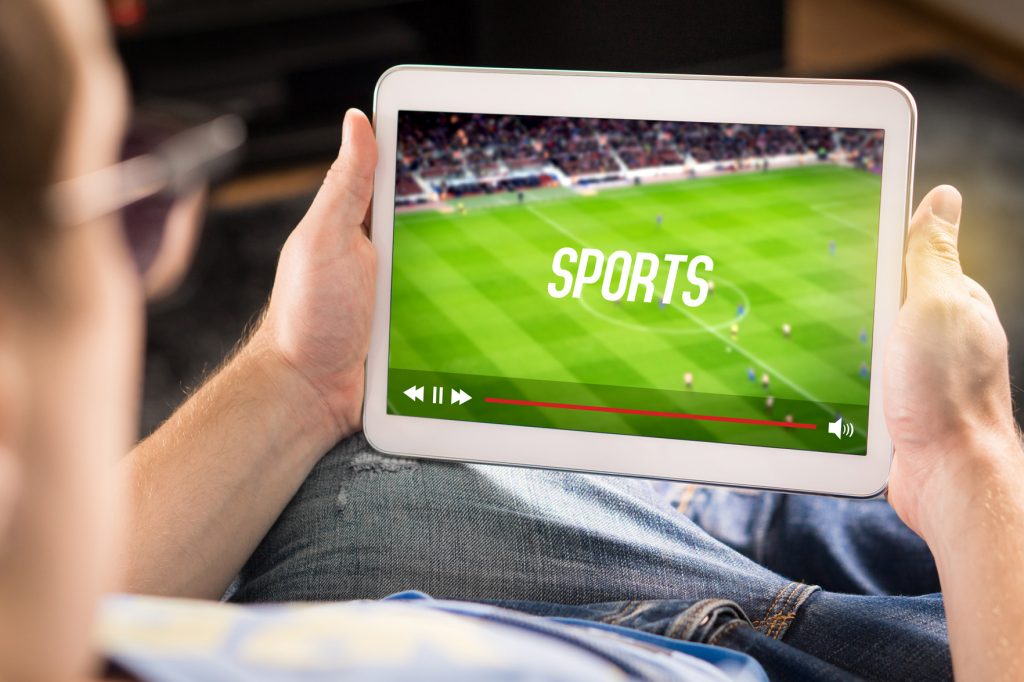Study: High cost of sports IP infringement
June 13, 2024
By Colin Mann

According to European Union Intellectual Property Office (EUIPO) data, millions of EU citizens access or stream sports content from illegal online sources, while fake sports equipment cost manufacturers €850 million per year. This poses a substantial threat to the financing of sports, as revenues from legitimate broadcasts are critical for the support of sports organisations and athletes.
Young people more likely to stream sports illegally
According to the EUIPO’s IP perception study, 12 per cent of EU citizens access or stream sports content from illegal online sources. This number rises to 27 per cent among young people aged 15-24 with 47 per cent of Bulgarian youth admitting to such activities. This is followed by Spain and Greece at 42 per cent, Slovenia at 39 per cent and Ireland at 34 per cent.
According to the EUIPO’s study on online copyright infringement, streaming is the most common method to access illicit TV content – 58 per cent of piracy in the EU occurs via streaming and 32 per cent through download.
Impact of counterfeit sports goods
According to the EUIPO’s Intellectual Property and Youth Scoreboard, 10 per cent of EU youth ages 15-24 admit to purchasing fake sporting equipment intentionally. Conversely, 7 per cent of young European consumers have bought counterfeit items by accident.
The impact of these counterfeit sales in the EU is substantial, causing an estimated total loss of €851 million annually – equivalent to 11 per cent of the total sales in the sector – according to EUIPO calculations. France, Austria, and the Netherlands experience the highest monetary losses, amounting to hundreds of millions of euros each. In terms of proportional impact, Romania, Lithuania, and Hungary suffer the most, with counterfeit sports equipment accounting for up to 20 per cent of total lost sales in each country.
Furthermore, the EUIPO’s studies suggest that fake goods also pose significant health risks due to non-compliance with safety standards and environmental protection standards as indicated by the EUIPO and OECD study on dangerous goods
Fighting live-event piracy and IP infringement
Across the EU, countries and affected parties are combatting live event piracy and counterfeiting relying on regulations and technology to block illicit online services. The European Commission has adopted two recommendations on the topic: one on combating online piracy of sports and other live events, which established a network of dedicated national administrative authorities, and another to combat counterfeiting through increased enforcement and awareness to which the EUIPO contributes through dissemination, implementation and monitoring efforts.
In addition, awareness raising plays an important role in tackling piracy by helping consumers find legitimate digital content. An example of this is the EUIPO’s Agorateka, a tool that helps viewers identify legal offers for online content, including sporting events
Targeting counterfeit goods in Europe
Law enforcement across Europe has intensified efforts against counterfeit goods. Operation Fake Star, targeting counterfeit sporting and luxury goods, resulted in the seizure of 8 million counterfeit items valued at €120 million and the arrest of 264 individuals. The operation, coordinated by Europol and led by Spanish and Greek police along with the active participation of agencies and authorities from 18 countries, uncovered not only counterfeiting but also organised crime activities such as smuggling and money laundering.
Cooperation is key in fight against piracy
As global sporting events attract millions of viewers, the EUIPO emphasises the importance of intellectual property rights in maintaining the integrity and financial viability of sports. These efforts are crucial in protecting the sports industry and ensuring that revenues continue to support athletes and sports organisations. As the EU continues to tackle these challenges, the cooperation of consumers, authorities, and the sports community will be vital in promoting fair play both on and off the field.
